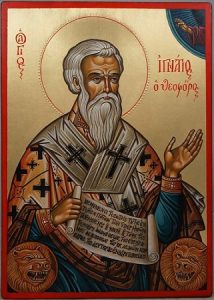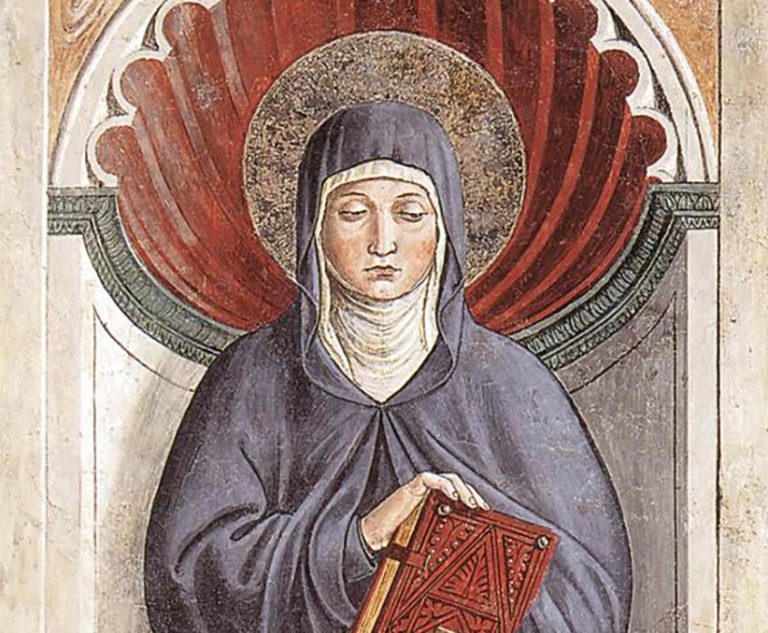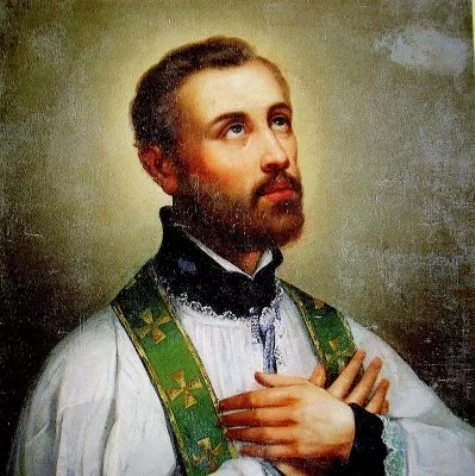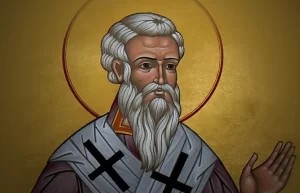
This week on Saint of the Week, we honor Saint Ignatius of Antioch, one of the earliest and most influential Christian martyrs. As the third bishop of Antioch and an Apostolic Father, his letters remain vital to our understanding of early Church teachings, structure, and the Eucharist.
Early Life
Saint Ignatius was born around 35 AD, likely in Syria. Tradition holds that he was a disciple of Saint John the Apostle, giving him direct ties to the earliest followers of Jesus. He became the bishop of Antioch, a key center of early Christianity where the followers of Jesus were first called Christians (Acts 11:26).
Leadership and Writings
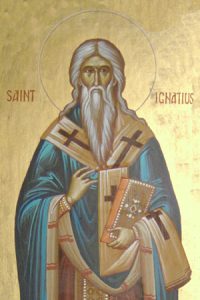
As bishop, Ignatius led the Christian community during a time of persecution under the Roman Empire. His leadership helped strengthen the Church amid threats of violence and apostasy.
On his way to execution in Rome around 107 AD, Ignatius wrote seven letters to various Christian communities, including the churches in Ephesus, Magnesia, Tralles, Rome, Philadelphia, Smyrna, and to Saint Polycarp, bishop of Smyrna. These letters are considered some of the most important documents from the post-apostolic era.
In them, Ignatius emphasized:
- The authority of bishops as successors of the apostles.
- The importance of Church unity.
- The real presence of Christ in the Eucharist.
- A call to remain faithful even under persecution.
His writings gives us a clear window into early Christian belief and practice, especially concerning Church hierarchy and sacramental theology.
Martyrdom
Ignatius eagerly embraced martyrdom, seeing it as a way to unite fully with Christ. He was condemned to death by Emperor Trajan and transported to Rome, where he was thrown to wild beasts in the Colosseum. He famously wrote to the Romans, asking them not to intervene in his execution, saying, “I am God’s wheat, and I am ground by the teeth of wild beasts, that I may be found pure bread of Christ.”
His death likely occurred around 107 AD. His relics were later returned to Antioch and became venerated by Christians throughout the centuries.
Legacy and Lessons
Saint Ignatius of Antioch’s courage and theological clarity have left a lasting impact on the Church. His emphasis on the Eucharist as the body of Christ, his vision of Church unity under episcopal leadership, and his heroic embrace of martyrdom all continue to shape Catholic and Orthodox teaching today.
He is recognized as a Doctor of the Church in Eastern Christianity and is venerated as a saint in the Catholic, Orthodox, Anglican, and some Lutheran traditions.
From Saint Ignatius, we learn the value of fidelity to the faith even in the face of death. His teachings remind us of the sacredness of the Eucharist, the importance of unity in the Church, and the courage to stand firm in our beliefs no matter the cost.
Join us next week for another inspiring episode of Saint of the Week!

